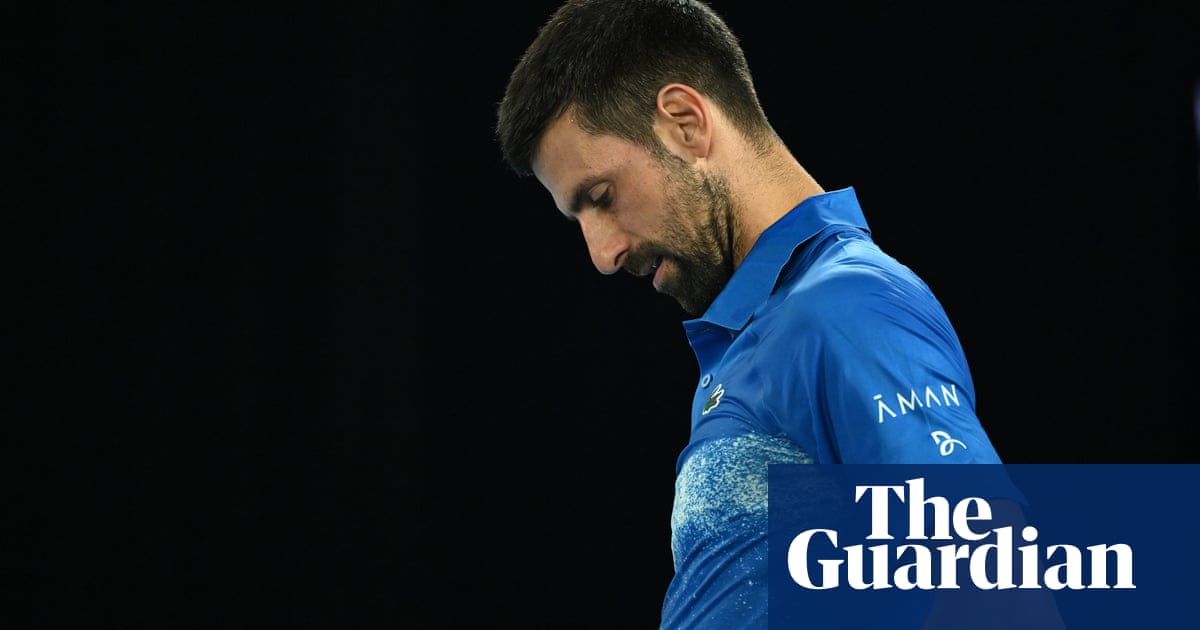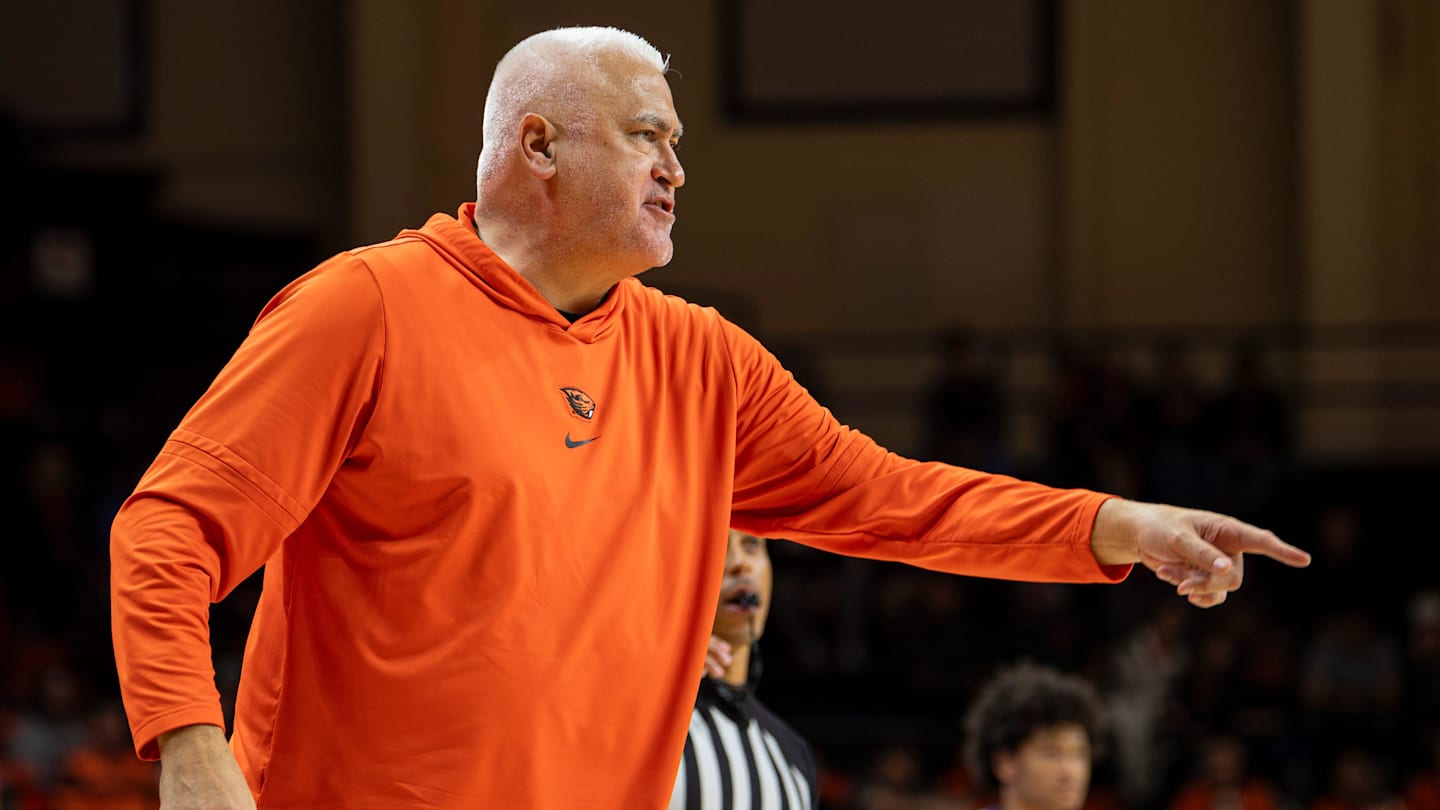Lebanon’s presidential crisis ends as Gen. Joseph Aoun wins election

Beirut, Lebanon, Jan 9, 2025 / 18:00 pm
Jan. 9, 2025 has become a historic date for the Lebanese people as a presidential vacancy that lasted over two years has come to an end.
With a divided Christian majority, Lebanon has elected a new Maronite president — Army Commander Gen. Joseph Aoun.
In a parliamentary session that remained uncertain until the last minute, the Lebanese Parliament, which meets in Beirut’s Nejmeh Square, voted and Aoun was elected in the second round of elections, with 99 out of 128 votes. He is the 14th president of the Republic of Lebanon.

The election followed on the heels of numerous Arab and international initiatives to end the vacancy, which was prolonged by the country’s crises, paralyzing its institutions.
The tumultuous parliamentary session began with objections raised by some who called the potential election of Aoun a “constitutional violation” due to his status as a Category One civil servant. Any amendment to this status typically requires the approval of an existing president.
The first round of voting failed to secure the necessary two-thirds majority, prompting a two-hour recess to allow for further deliberations before a second round was held. This round resulted in the election of the new president, with high-profile Arab and international figures — including the Vatican ambassador to Lebanon, Archbishop Paolo Borgia — witnessing the event.
Aoun secured the support of the largest Christian bloc in Parliament — the “Strong Republic Bloc” affiliated with the Lebanese Forces Party — and its Christian allies in the opposition, including the Kataeb Party and independents.
However, the new president did not win the votes of the second-largest Christian bloc, the “Strong Lebanon Bloc,” which is affiliated with the Free Patriotic Movement, Hezbollah’s ally, and whose members objected to his candidacy on constitutional grounds.
Inaugural speech and oath
Minutes after his victory, the new president arrived at Parliament to deliver his inaugural speech and take the constitutional oath.
In his address, Aoun declared: “Lebanon, an ages-old nation, has endured wars, bombings, greed, and mismanagement.”
He emphasized the need to reform Lebanon’s political conduct, asserting: “We are in a governance crisis that demands a change in our political behavior.”
He concluded with a promise: “My pledge to the Lebanese people today is to usher in a new chapter in Lebanon’s history.”

A familiar name in Lebanese politics
(Story continues below)
Subscribe to our daily newsletter
Aoun is no stranger to Lebanon’s political scene, nor is his name unfamiliar domestically or internationally.
Since serious efforts began to end the presidential vacancy, the army commander emerged as a leading candidate to succeed another former army commander and prominent figure, Gen. Michel Aoun.
The Lebanese Army and its commander enjoy widespread respect and admiration, particularly among the Christian community. Nearly every household across the country has at least one family member serving in the military, underscoring the institution’s national significance.
Bkerke’s calls bear fruit
While Christian divisions dominated the presidential scene, the Maronite Church, headquartered at Bkerke, the episcopal see of the Maronite Catholic Patriarchate of Antioch of the Maronite Church, had a different perspective.
From the moment the vacancy began, Maronite Patriarch Cardinal Bechara Boutros Al-Rahi consistently called for the election of a new president, urging Parliament to convene and uphold the constitution. Al-Rahi firmly rejected any tampering with the nation’s highest Christian post. While he refrained from explicitly endorsing any specific candidate, there was no opposition to Aoun’s candidacy.
The primary concern was the need to elect a president who could safeguard Lebanon’s sovereignty and address domestic and regional challenges with wisdom, peace, and objective solutions — as the patriarch stressed in his Epiphany homily earlier this week.
Celebrations in his hometown
As soon as Aoun’s election was announced, celebrations began in Aishieh, his hometown in southern Lebanon’s Jezzine District. A large screen was set up inside the town’s Church of Our Lady for residents to follow the election session live. Streets and public squares were adorned with pictures of the new president, accompanied by expressions of pride and congratulations.
The joyous atmosphere comes after months of anxiety for Aishieh, which lies near the border and is adjacent to Shiite villages affected by the Hezbollah-Israel conflict. Many viewed Aoun’s rise to the presidency as a gift and a form of justice for the Christians of southern Lebanon, who have endured decades of war, displacement, and destruction, marked by persistent fear and hardship.
Who is Lebanon’s new president?
Aoun has become the 14th president in Lebanon’s history since the country’s independence in 1943. Born in the southern town of Aishieh in 1964, he joined the army as a cadet officer in 1983 and graduated from the Military Academy. After promotions, he was appointed army commander on March 8, 2017.
Shortly after assuming military leadership, Aoun faced one of the toughest challenges of his career: leading the army in fierce battles against terrorist groups in the mountainous regions of Lebanon’s Bekaa Valley near the Syrian border. His decisive actions resulted in one of the most significant victories in his military career.
This article was originally published by ACI MENA, CNA’s Arabic-language news partner, and has been translated and adapted for CNA.
Related
Qatar targets 3.4% non-hydrocarbon GDP growth, $100bn FDI by 2030
Prime Minister and Minister of Foreign Affairs H E Sheikh Mohammed bin Abdulrahman bin Jassim Al Thani launching the Ministry of Commerce and Industry’s Stra
Qatar Ports achieves remarkable growth, bolstering its Global Shipping and…
QATAR : Qatar Ports has marked 2024 with a series of impressive accomplishments, significantly strengthening its p
Lebanon Elects a New President—Finally
Welcome back to World Brief, where we’re looking at Lebanon’s new head of state, destructive wildfires in Los Angeles County, and a deadly attack on
Lebanon chooses a new president after two years without one
People gather to celebrate after Leba













